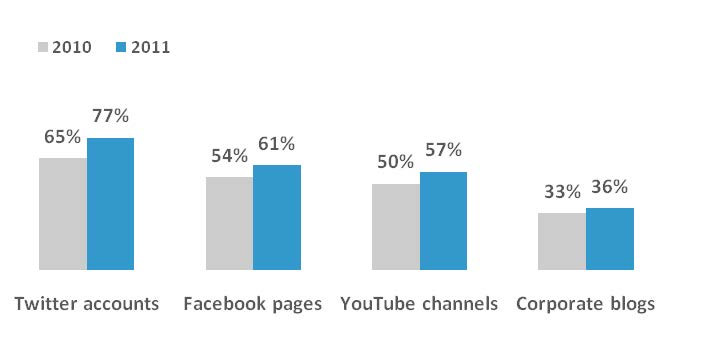The digital divide in the U.S.: Nearly 20 per hundred of U.S. mature individuals don’t use the Internet. That entails that approximately 60 million persons, numerous of them aged, poor and minorities, have no access to technology most people increasingly consider mission-critical to modern life.
The New York Times’ had an intriguing story on that occurrence, which lays out some of the programs policymakers have endeavoured to use to get persons online. But who are these 60 million persons not online and are they offline by alternative or circumstance?
Internet adoption has more or less flatlined in latest years, as asserted by facts and numbers from the Pew Internet and American Life Project. As of the center’s last survey in May, somewhere between 81 and 85 per hundred of U.S. mature individuals were online. The number with household Internet access is notably lower — about 72 out of 100, as showed by the Census Bureau.



